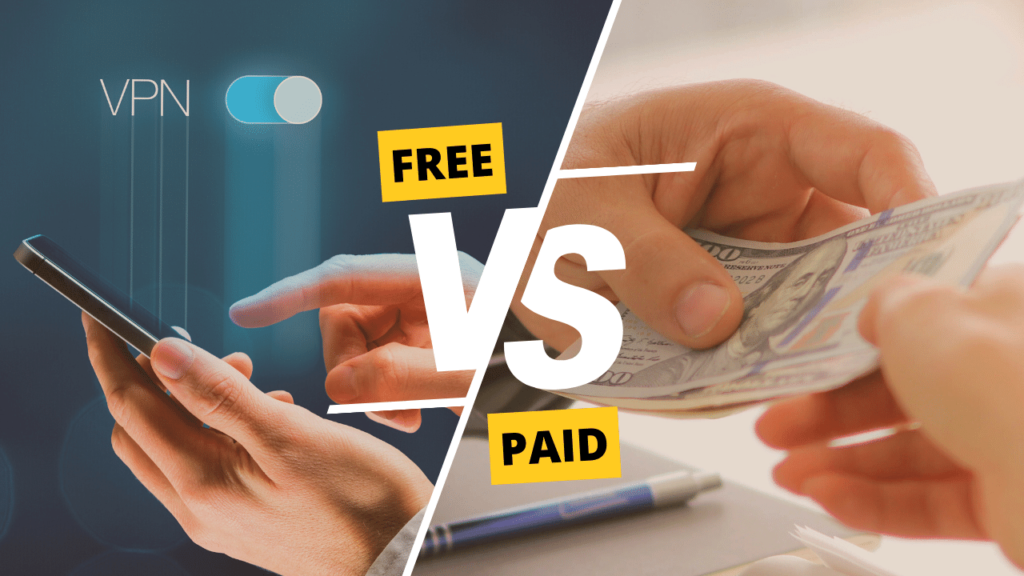With the increasing concerns about online privacy and security, many people are turning to Virtual Private Networks (VPNs) to protect their online activities. While there are both free and paid VPN services available, it’s important to understand the differences between them before making a decision. In this blog post, we’ll explore the differences between free and paid VPN services, as well as the pros and cons of each.
Free VPN Services
Free VPN services are exactly what they sound like – VPNs that are available for free. While this may sound like a great deal, there are some important things to keep in mind.
Pros of Free VPN Services:
1. They’re free
Perhaps the biggest advantage of using a free VPN service is that it doesn’t cost anything. This can be especially appealing if you’re on a tight budget or if you only need a VPN for occasional use.
2. Easy to use
Many free VPN services are easy to set up and use, with simple interfaces and intuitive controls.
Cons of Free VPN Services:
1. Limited features
Free VPN services often have limited features compared to their paid counterparts. This may include slower connection speeds, fewer server locations, and restrictions on data usage.
2. Lack of privacy
Some free VPN services may collect and sell user data to third parties, which can compromise your privacy.
3. Advertisements
Many free VPN services display advertisements to generate revenue, which can be intrusive and distracting.
4. Security risks
Free VPN services may not have the same level of security as paid VPN services, which can leave you vulnerable to cyber threats.
Paid VPN Services
Paid VPN services, on the other hand, require a subscription fee in order to use their services. While this may be a turn-off for some, there are some significant advantages to paid VPN services.
Pros of Paid VPN Services:
1. More features
Paid VPN services typically offer more features than their free counterparts, including faster connection speeds, more server locations, and unlimited data usage.
2. Better privacy
Paid VPN services are often more privacy-focused, with stronger encryption and a strict no-logging policy.
3. Dedicated support
Paid VPN services often have dedicated customer support teams that can help you with any issues or questions you may have.
4. No advertisements
Paid VPN services don’t rely on advertisements to generate revenue, which means you won’t be subjected to intrusive ads.
Cons of Paid VPN Services:
1. Cost
The biggest disadvantage of paid VPN services is the cost. While there are often discounts available for longer subscription periods, paid VPN services can be more expensive than free options.
2. Complexity
Some paid VPN services may have more complex interfaces and settings, which can be intimidating for less experienced users.
Conclusion
In conclusion, there are pros and cons to both free and paid VPN services. Free VPN services are appealing because they don’t cost anything, but they often come with limitations and potential privacy risks. Paid VPN services, on the other hand, offer more features and better privacy, but they come at a cost. Ultimately, the decision of whether to use a free or paid VPN service will depend on your specific needs and budget. However, it’s important to carefully consider the advantages and disadvantages of each before making a decision.
